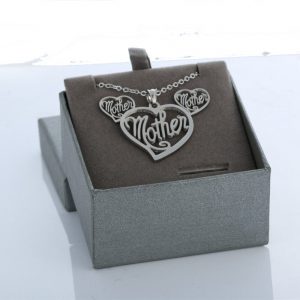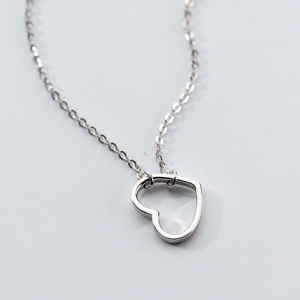Description
The 99 Great Names of Allah Necklace is a piece of jewelry that contains the 99 names or attributes of Allah, which are significant in Islam. Each name describes one of the qualities of Allah, and Muslims believe that reciting these names can bring blessings and benefits.
The necklace typically features 99 beads or stones, each representing one of the names of Allah. Muslims often recite these names during times of difficulty or when seeking Allah’s blessings.
It’s important to note that while the necklace is a popular accessory among Muslims, it is not a requirement of the faith. Muslims may choose to recite the names of Allah in any form or manner they prefer, and the necklace is simply one way to keep these names close at hand.
In Islamic tradition, Allah is believed to have 99 names or attributes that describe His qualities and characteristics.
“Allah has ninety-nine names, one hundred less one; and he who memorizes them will enter Paradise.” (Sahih Bukhari, Book 50, Hadith 894)
The number 99 is significant because it is just below the number 100, which symbolizes completeness and perfection. Muslims believe that Allah’s true nature is beyond human comprehension, and that the names are merely a way for humans to begin to understand and appreciate His greatness.
Islam has a long and rich history in South Africa, dating back to the 17th century when Muslim slaves were brought to the Cape by the Dutch East India Company.
Over time, they built mosques and established communities that helped to preserve their religious and cultural traditions.
In the 19th century, a wave of Indian immigrants arrived in South Africa, many of whom were Muslims. They came to work as indentured laborers on sugar plantations, and their presence helped to further strengthen the Muslim community in South Africa. These immigrants brought with them their own cultural and religious practices, including the building of mosques and the establishment of religious schools.
However, Islam is the religion of approximately 2% of the South African population, making it the third-largest religion in the country after Christianity and traditional African religions. Most Muslims in South Africa are of Indian descent, although there are also significant numbers of Muslims from other parts of Africa and from other countries such as Pakistan and Bangladesh.
The Muslim community in South Africa has made significant contributions to the country’s history and culture. Muslim activists played a key role in the struggle against apartheid, and many Muslims have made significant contributions to the fields of literature, art, and music.






